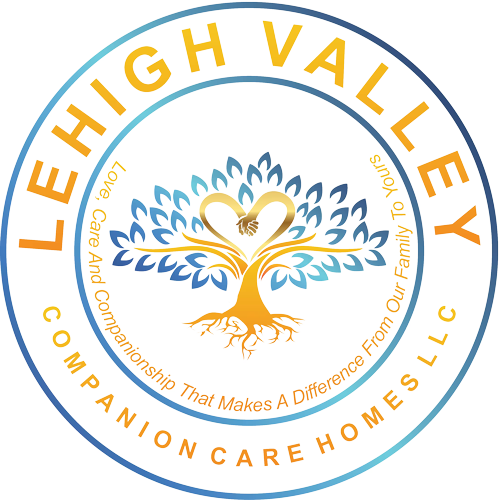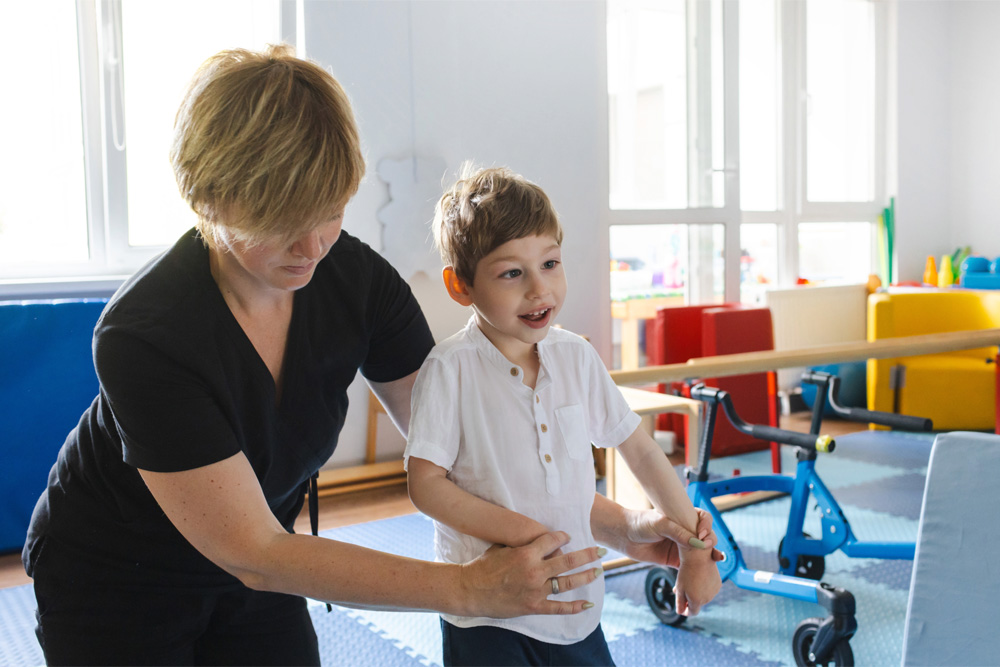
Promoting Sexual Health and Autonomy for Individuals with Intellectual Disabilities and Autism
At Lehigh Valley Companion Care Homes (LVCCH), we are committed to providing holistic, person-centered care for individuals with intellectual disabilities and autism. One often overlooked but critical aspect of care is promoting the sexual health and autonomy of our residents. Direct Support Professionals (DSPs) play a vital role in helping individuals understand and explore their sexuality, ensuring they lead fulfilling lives with respect to their rights and dignity.

Understanding the Importance of Sexual Health
For individuals with intellectual disabilities and autism, the journey to understanding their own sexuality can be challenging. Sexual health and identity are essential parts of personal well-being, yet many individuals with disabilities face barriers such as a lack of access to education, healthcare, and open conversations about sexuality.
At LVCCH, we believe that everyone, regardless of their ability, has the right to experience healthy relationships, intimacy, and autonomy over their bodies. Addressing these needs fosters a greater sense of independence, self-esteem, and emotional well-being for our residents.
Recognizing Personal Values and Beliefs
Each individual’s values and beliefs around sexuality are shaped by their personal experiences, family dynamics, and cultural or religious influences. It is crucial for DSPs to recognize and respect these unique perspectives when supporting residents at LVCCH.
By acknowledging these values, DSPs can better guide individuals in navigating their sexuality in a way that aligns with their beliefs. This includes supporting their right to explore their sexual identity, develop intimate relationships, and understand their own body, all while respecting their privacy and autonomy.
The Circles of Sexuality: A Comprehensive Approach
The Circles of Sexuality framework provides a helpful lens for understanding different aspects of sexuality. DSPs can use this framework to support residents in exploring five key areas:
- Sexualization: Helping individuals understand behaviors related to flirting, sexual harassment, and media influences, and how these impact their interactions.
- Sexual and Reproductive Health: Educating individuals on reproductive systems, sexual health, hygiene, and the potential consequences of sexual behaviors.
- Sexual Identity and Expression: Supporting individuals in exploring their sexual identity, whether it relates to gender, sexual orientation, or other personal aspects.
- Sensuality: Encouraging healthy relationships with their bodies, helping them understand the importance of physical touch, such as hugging or holding hands.
- Intimacy: Fostering emotional closeness and relationships that allow for mutual trust, respect, and affection.
Each of these areas requires a nuanced and compassionate approach, which DSPs at LVCCH are trained to deliver.
Promoting Access to Sexual Health Education and Services
One of the biggest challenges individuals with disabilities face is the lack of access to comprehensive sexual health education. Studies show that only 53% of youth aged 14 or older in special education programs receive proper reproductive health education. This gap makes it more difficult for individuals to make informed decisions about their sexual health.
At LVCCH, we aim to break down these barriers by advocating for access to disability-friendly sexual health services and ensuring that our residents receive the education they deserve. Through tailored programs, we help individuals learn about their bodies, relationships, and their rights in a safe and supportive environment.
Practical Tips for DSPs at LVCCH
Direct Support Professionals at LVCCH play a key role in fostering an open, respectful environment for conversations about sexuality. Here are some practical tips for DSPs working with our residents:
- Acknowledge your own values: Reflect on your personal values and how they may influence your approach to supporting individuals with their sexual health.
- Provide guidance even without questions: Don’t wait for individuals to ask. Use everyday interactions, media, and conversations to bring up topics in a respectful way.
- Use accurate terminology: It’s important to use the correct terms when discussing body parts, relationships, and sexual health to avoid confusion and build trust.
- Stay informed on policies: Be aware of organizational policies and local laws to ensure that you are upholding the sexual rights of the individuals you support.
- Encourage relationships: Support individuals in developing and maintaining safe and healthy intimate relationships.
Organizational Commitment to Sexual Rights
At the organizational level, LVCCH remains committed to reviewing and updating our policies to ensure they support the sexual rights of individuals with intellectual disabilities and autism. This includes offering ongoing training for our DSPs, engaging family members and guardians in conversations about sexuality, and advocating for broader policy changes that promote inclusivity and access to sexual health services.
Final Thoughts
Supporting the sexual health and identity of individuals with intellectual disabilities and autism is a vital part of their overall well-being. At LVCCH, we strive to create a supportive environment where everyone can explore their sexuality with respect and dignity. By providing education, access to services, and a compassionate team of DSPs, we can help individuals lead empowered, fulfilling lives.
If you’re interested in learning more about how LVCCH supports the sexual health of our residents or if you’d like to join our dedicated team of Direct Support Professionals, reach out to us today


